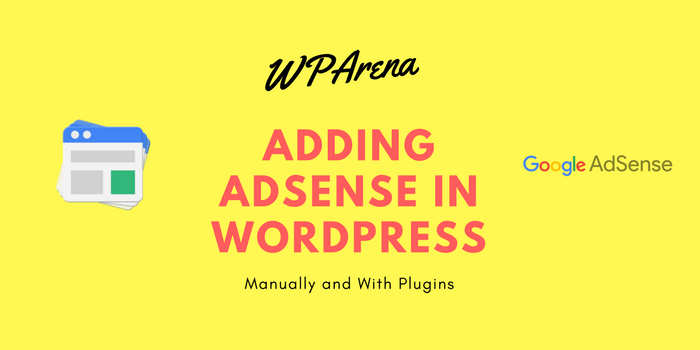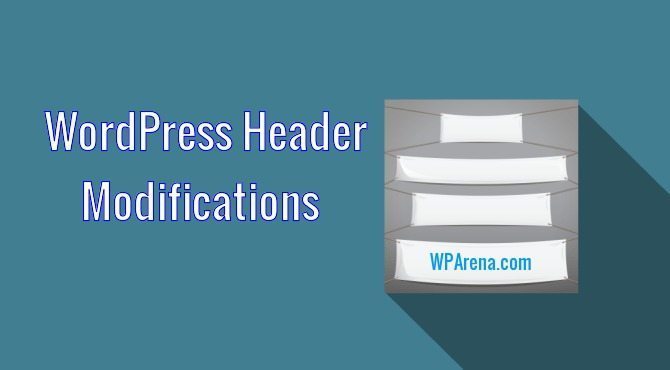In the present scenario, it is a major concern of every website owner to speed up his/her website. You are in a win-win situation if you use WordPress as your publishing platform since you just need to put little efforts to amplify the speed of your website. Undoubtedly, WordPress has concreted its identity as the greatest blogging platform & CMS widely used for building commercial websites.
But the website owners, who are not very well-versed with the technical aspects, often face the issue of slow website loading speed. Such a problem is quite common and can be fixed by following few simple steps and you don’t need to have the in-depth technical know-how to execute the same. It is not at all a daunting task to speed up a WordPress-powered website.
I have summarized few steps below that may prove to be beneficial to in terms of boosting the speed of your WordPress site.
Take a Glance At The Steps To Enhance Functionality Of WordPress Sites

- Use an Efficient Web Hosting Account: Upgrade to the dedicated server hosting instead of compromising with the shared web hosting account. The shared hosting accounts lead to extreme slow speed and frequent downtime whenever there will be high traffic log on the website.
- Asses the Current Performance of Website: Check the current performance of your website using different Google tools for analyzing the page speed. This will help you compare the results before and after the optimization.
- Caching the Website: You need to perform caching to amplify the speed of your website. The process of caching is all about producing the copies of your web pages and storing them in your server in the form of static files. You can also store the copies as cached database queries.
- Use Content Delivery Network (CDN): It is specialized in providing content to the users in minimum time. Almost all the big blogging websites use CDN to deliver effective content with no time lapse. Since most of the files on your website (JavaScript, CSS, images, etc) are static so CDN appears as a medium to convey these files to the visitors.
- Optimize your Display Images, Database and Homepage: Customize and update your WordPress SQL Database to enhance the loading speed of the web pages. Also, resize your website’s images to prevent any sort of slow downtime issue.
- Minify HTML, CSS, and JavaScript: Unlike jQuery files (as they are already minified), remove all the white spaces from the code before providing them to the customers as it allows faster loading of the web pages.
- Split Large Posts on Several Pages: It is highly advised to bifurcate the long posts in multiple pages so that the pages can load faster, thereby providing the great user experience.
- Disable Hotlinking to Prevent Leeching: Hotlinking refers to the bandwidth theft wherein the other sources directly link their articles or posts to the image on your website, which results in increasing the load on your server.
- Enable Gzip Compression of File Components: Compress your file components with Gzip compression method to obtain the highly responsive files. Over 90% of the browsers support Gzip format files.
- Add Expires Header to Static Resources: An ‘Expires Header’ is a boon to regular users as it cuts down the loading time of the static content (such as CSS file, JavaScript, images etc). This helps the clients by eliminating the time needed to re-fetch the data from the website
Henceforth, you can consider the aforesaid steps to elevate the functioning of your WordPress site. Apart from this, there are few cautionary guidelines which you must follow in order to ensure the smooth functioning of your WordPress website.
List Of Some Factors To Follow While Working On WordPress

- Use SEO Optimized Themes: Get WordPress themes that contain such designs and layouts which are built using less number of codes. These themes can be easily ranked by Google and other search engines.
- Delete Spam comments: Remove all the spam comments from your database as it slows down the functioning of augment your wordpress.
- Avoid using multiple plugins: Do not install a plugin if it is useless for enhancing the performance of your website. Avoid the chance of getting a slow website with irrelevant and functionless plugins installed to it.
- Update WordPress and Plugins: Upgrade your WordPress database and Add-on plugins to get the maximum benefits of the updates to fix multiple security issues.
- Use Excerpts and Display Limited Posts on Blog Page: You should not display the whole post on a single page; so split the post in more than one pages of the website. Since there are number of posts available on the main page, it becomes quite necessary to move the portion of these posts on other pages to prevent the slow downtime issue with a website.
Summary:
By going through the simple steps outlined above, you can now optimize your website in accordance with the available bandwidth connections and devices. You can actually decrease the loading time by 95%, thus improving the processing speed and functioning of your business websites such as Restaurant WordPress Theme.






